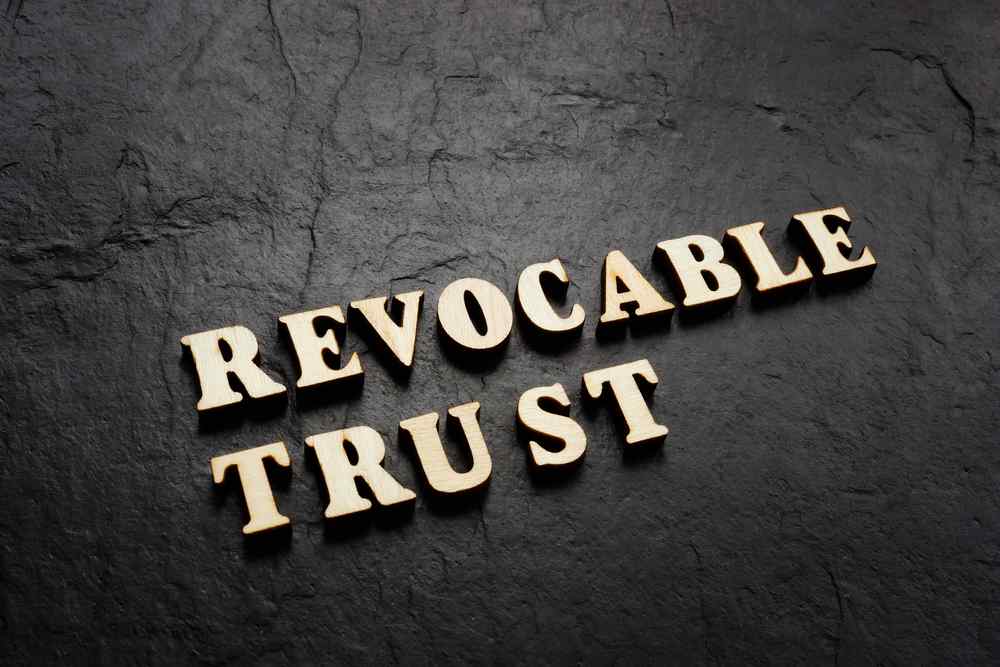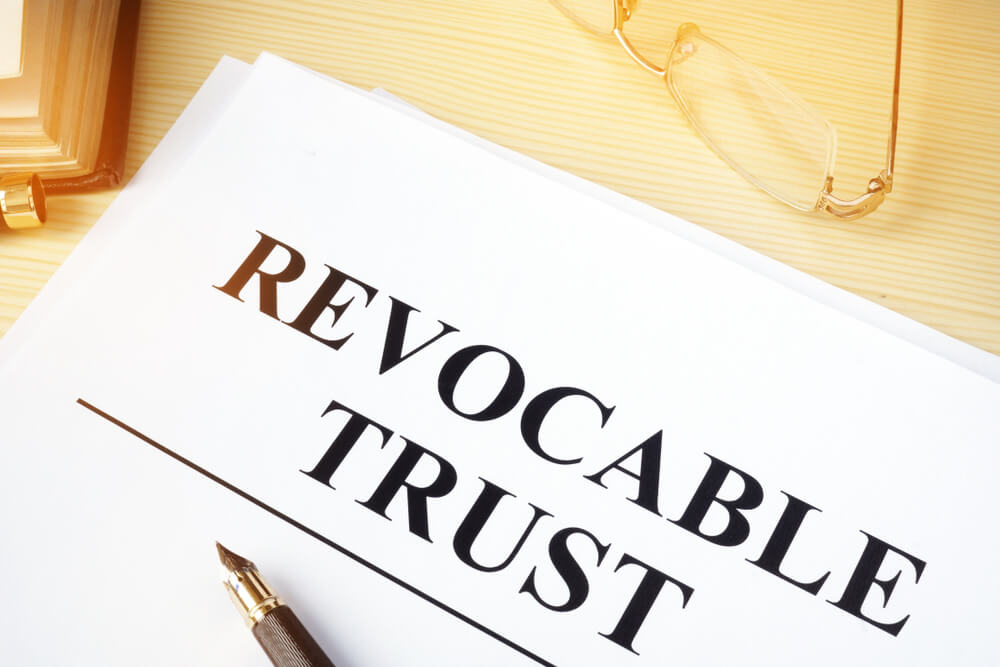If you haven’t designated beneficiaries or set up pay-on-death or transfer-on-death instructions for your accounts or property you own in your name only, your family may have to go through the probate process in order to claim their inheritance when you pass away.
Writing a Last Will and Testament is an excellent start to developing a comprehensive estate plan. However, it does not help your heirs avoid probate. They will still have to go through the court process before your wishes are recognized as legal instructions.
While the probate process might be necessary, here are three key reasons why you may want to plan ahead, so your loved ones do not need to go through probate.
The Probate Process is Public Record
Almost all proceedings handled by the court system, including probate, become a matter of public record. This means that these documents used to handle your final affairs can be accessed through the probate court by anyone who wants to see them.
- Unpaid bills
- Tax returns
- Documents and information about how your property and accounts will be distributed among your heirs
- Family relationships and other relevant family information
- Financial information
- Value of your accounts and property
- Creditor claims
- Identity of your beneficiaries
- Contact details for your loved ones
- Information about family disagreements that affect the distribution of your estate
Safeguards are in place to protect your information from identity theft. For example, account numbers and Social Security numbers are not made public. However, most people do not want the public to access their personal information. The best way to keep prying eyes from accessing your personal affairs is to avoid the probate process.
The Probate Process Can Be Costly
Probate court costs and legal fees can get very expensive. This expense cuts into your loved one’s inheritance. The court costs, attorney fees, executor fees, and other related expenses can easily add up to thousands of dollars, even for a small estate with a will. These costs escalate even more when there are family disputes or creditor claims that the court needs to settle.
Benjamin Franklin wasn’t talking about estate planning when he said, “An ounce of prevention is worth a pound of cure.” But the mantra still holds. While estate planning incurs costs, you have knowledge and control over these preventative costs. Even more importantly, estate planning protects your loved ones and allows them to grieve in peace. With proper estate planning, you can minimize the risk of costly conflicts and even eliminate some of these costs if you can avoid probate altogether.
The Probate Process is Time-Consuming
Probate is typically not a quick process, though the actual time frame depends on the state and your estate’s value, amount, and complexity. Even relatively simple probates may take as long as six months to a year. This can be a significant problem if your beneficiaries need access to the accounts and property you have left them. Establishing a living trust is a simple process that can circumvent these delays, a benefit that may be especially important if your loved ones are experiencing financial hardship due to your death.
The probate process can be even lengthier and more costly if you own property in multiple states. With trust-centered estate planning, you can avoid probate in every state you own property in, simplify your estate planning and asset transfer, and provide lifelong tax savings and asset protection for your loved ones.
To protect your family from the probate process, schedule a call with us or reach us directly at 855.631.3457 to learn more about how best to plan today to protect those most important to you.








